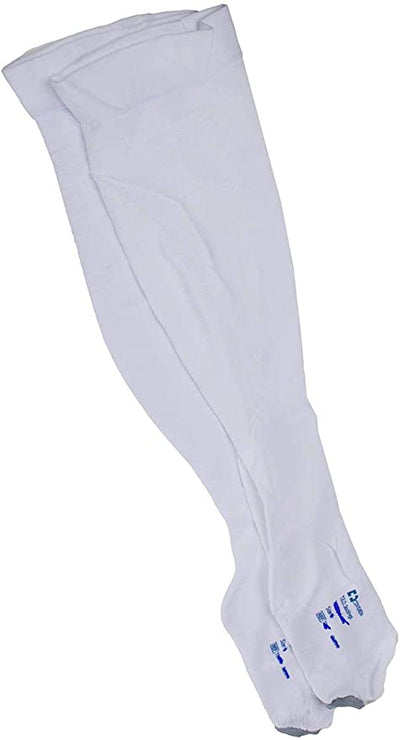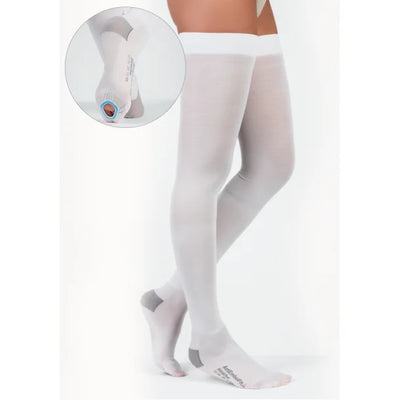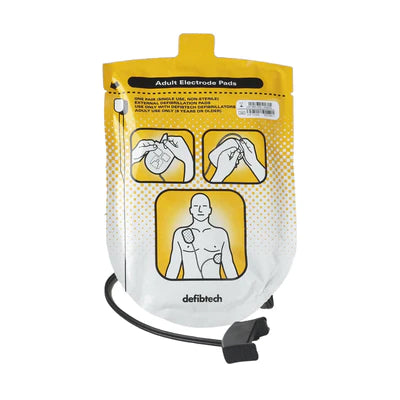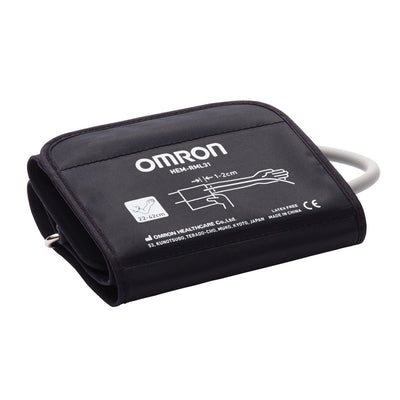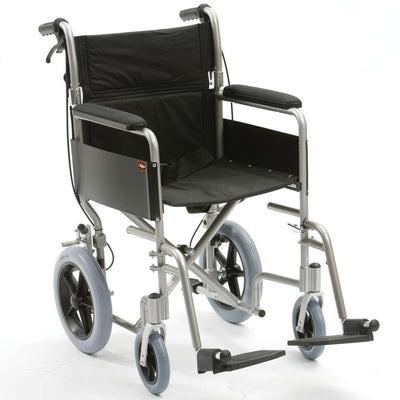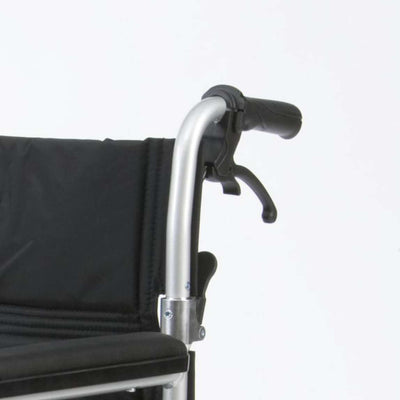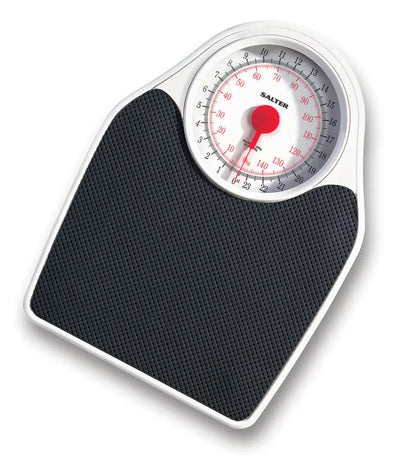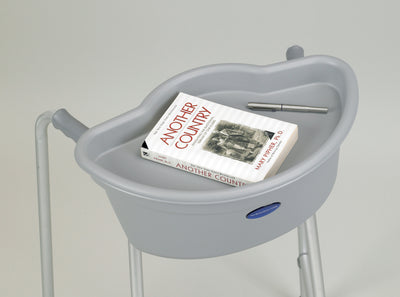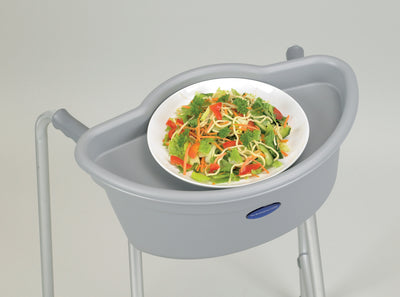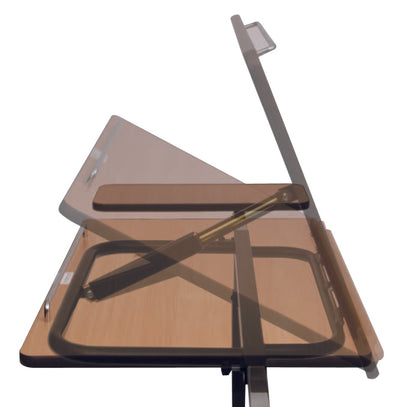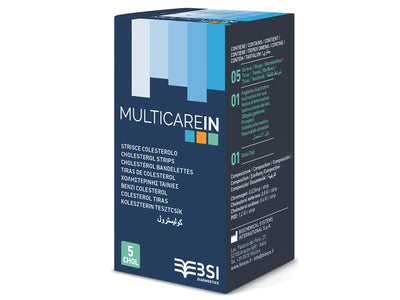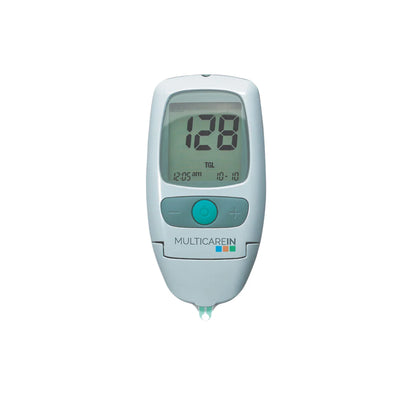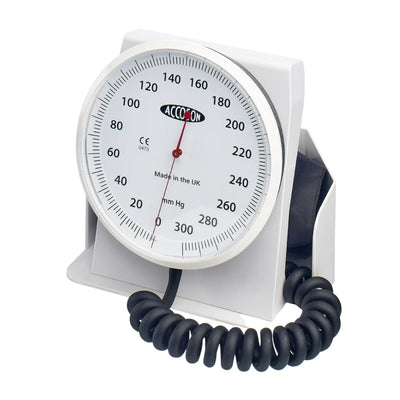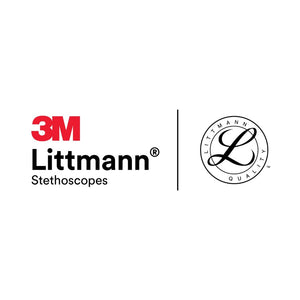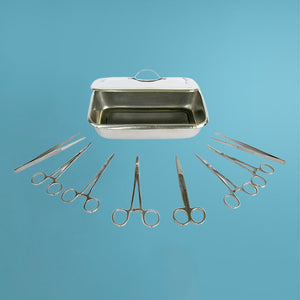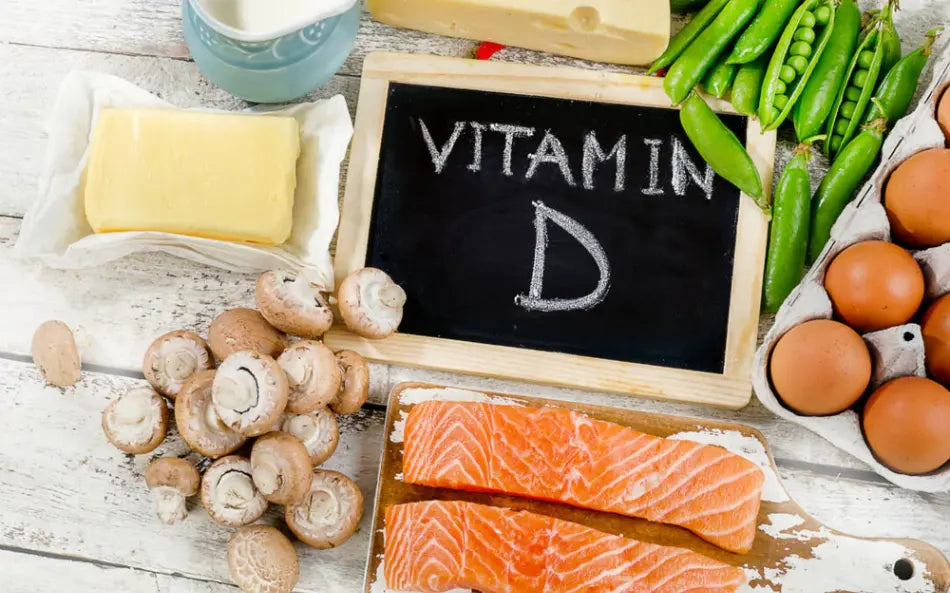For most of us in the UK the sun is out! We’ve had some glorious days (ok, and some rain) and many of us have been out and about soaking up the sun’s rays - hopefully safely - and absorbing some lovely Vitamin D.
But what is Vitamin D?
And why is it so good for us?
And, crucially, why is it so much more important to us as we get older?
Let’s find out and let us tell you how to make sure you’re getting enough to help prevent issues as you age and help keep you in optimal health.
What is Vitamin D?
Vitamin D is often known as the sunshine vitamin. In fact it’s the only nutrient our bodies can make when we expose our skin to sunlight.
Vitamin D is a fat-soluble vitamin that helps with a huge amount of bodily functions.
- It powers up our immunity
- Helps to fight infections
- Supports muscle movement, nerve function, cell growth
- Reduces inflammation.
One of the biggest benefits of Vit D absorption for the body, though, is the growth and maintenance of strong and healthy bones.
Vit D helps the body absorb calcium which works to strengthen bones and reduce the possibility of a thin and brittle skeleton.
Why Do We Need More Vitamin D as We age?
Our bone density reduces as we grow older, and after the age of 50 we all become more susceptible to weakened bones and conditions such as osteoporosis and breakages. This is especially true for women who, after menopause, become even more at risk because of the lowering of the hormone oestrogen in their bodies.
Weakened bones will affect 1 in 5 men and 1 in 2 women over 50.
However, it is suspected that our intake of vitamin D often drops as we age simply because we spend less time outdoors because of mobility issues, work commitments and an increased sensitivity to heat and sun exposure.
The amount of Vitamin D we each need is dependent on a variety of personal data but, in general, adults under the age of 70 will need 400-600 IU of Vitamin D per day. Over 70 that increases to around 800 IU per day.
How to Get Your Daily Vitamin D Dose
The most efficient way to absorb vitamin D is through safe exposure to sunlight on the skin.
In the UK, most fair-skinned people should be able to make all the Vitamin D they need by spending just 15 minutes with some skin exposed to sunshine, from late March to the end of September. Using an SPF sunscreen does not prevent Vitamin D absorption so it is always advisable to make sure your skin is properly protected from harmful UV rays with efficient sunscreen.
If you have darker skin - e.g African, African-Caribbean or South Asian background - your absorption of Vitamin D through the skin is not as efficient and you might consider taking a supplement to top up your levels.
In the winter months, however, it’s much harder to get your daily dose of Vitamin D from sunlight exposure alone so government advice is to consider taking a daily supplement and take a look at your diet to make sure you’re getting what you need.
Adding more of these foods into your diet throughout the year, but especially in Autumn and Winter, will ensure you have sufficient Vit D levels.
- Oily Fish - salmon, sardines, herring and mackerel
- Red Meat
- Liver
- Egg yolks
- Fortified food - fat spreads and breakfast cereals
How to Spot Vitamin D Deficiency
Since Vitamin D is essential for the healthy working of many bodily functions, a deficiency can show up in many different ways, including:
- Fatigue
- Depression
- Non-healing wounds
- Physical weakness
- Aching bones
- Hair loss (particularly in women)
If you’re experiencing any of these issues you should seek advice from your GP. Early intervention and treatment will help to prevent any more serious conditions from developing.
Need more help? We're always here to help so get in touch today.
For all your Medical and Homecare supplies give us a call at Mediworld.
We have over 40 years experience in medical, surgical, mobility and home health supplies and we're always on hand to chat if you need support or advice and don't forget to read our other great health blogs!
June 2022
